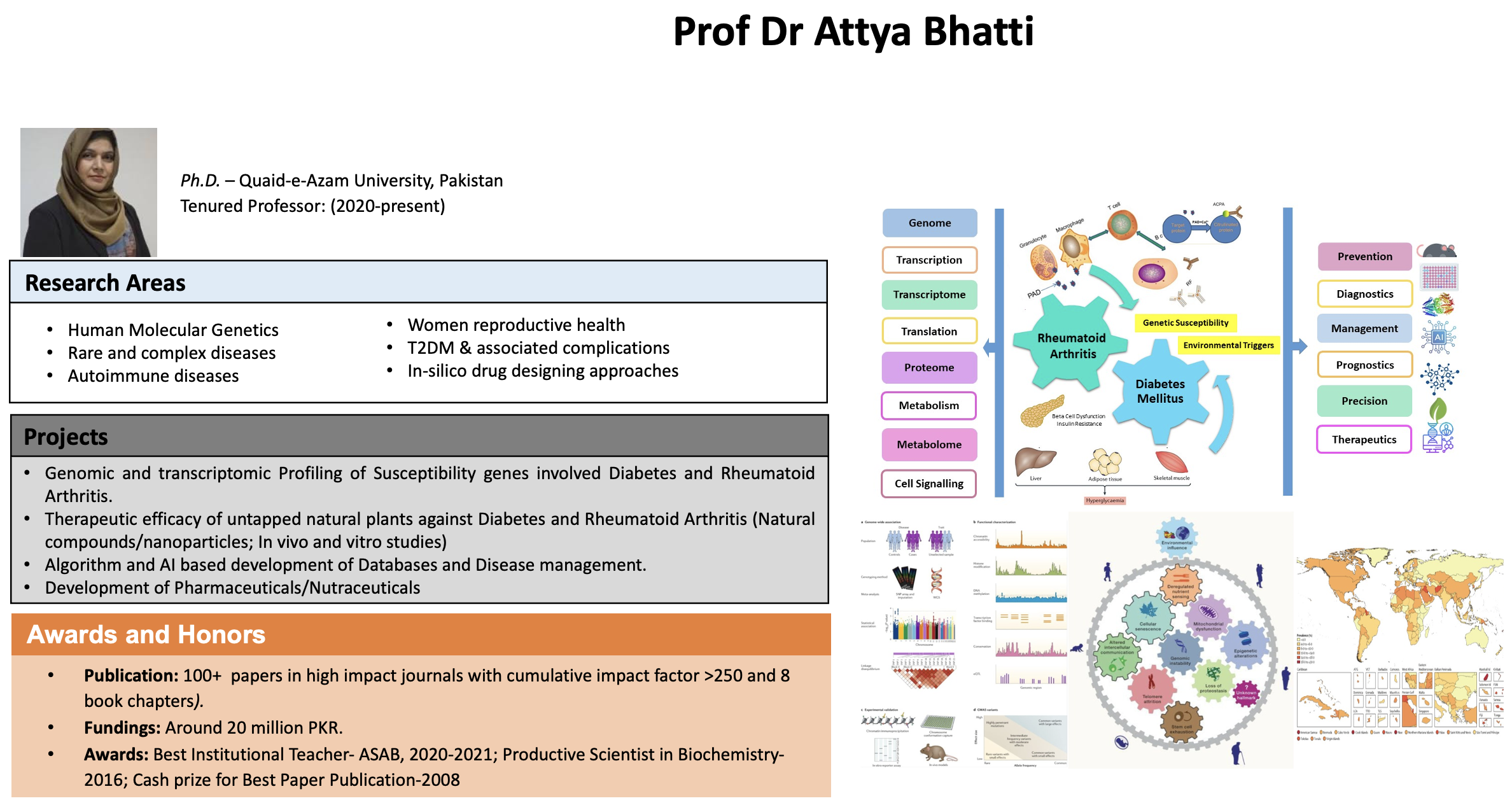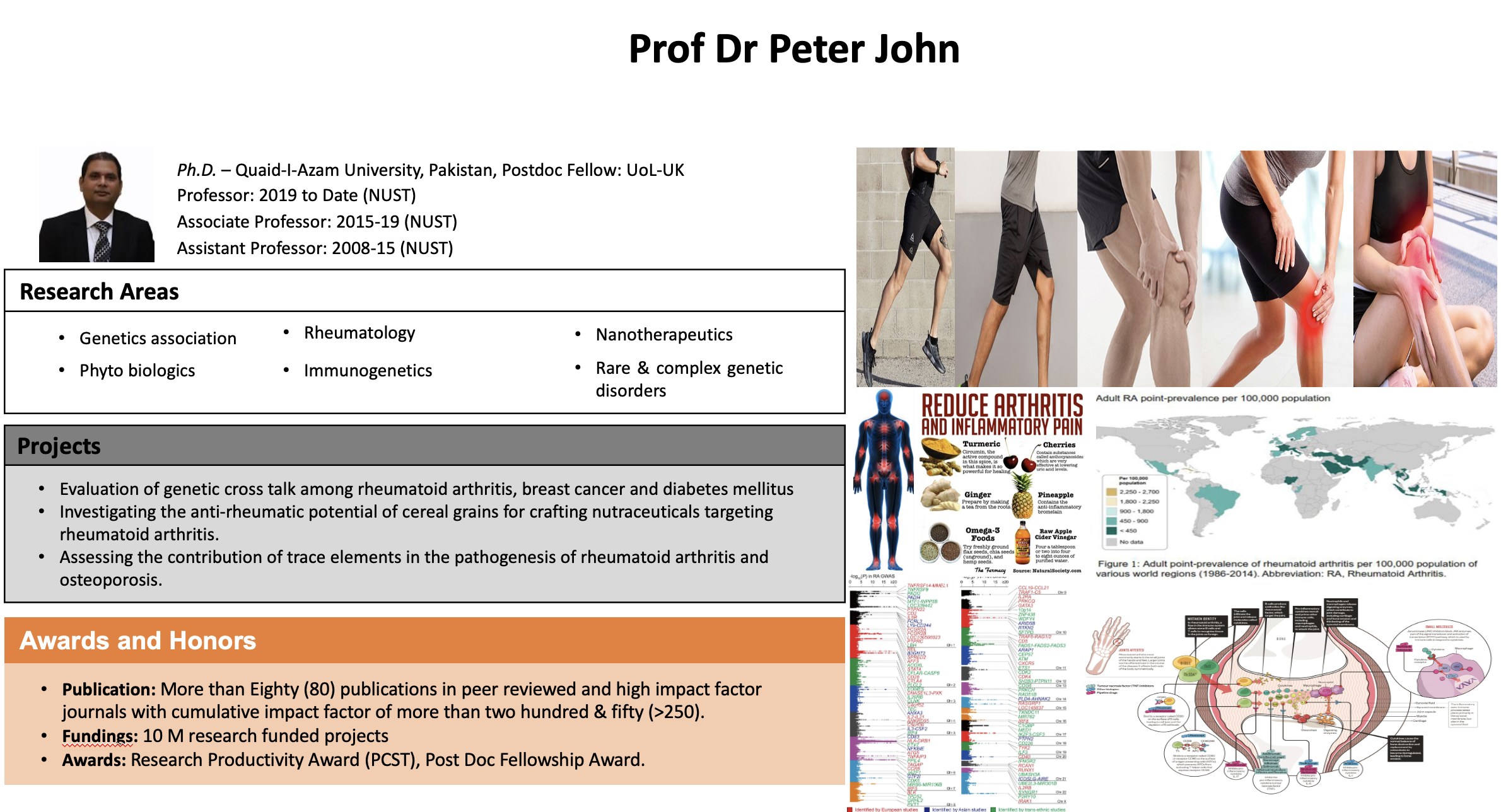Human Molecular Genetics Research Group
The aim of our research group is the molecular elucidation of human diseases with a special focus on metabolic and autoimmune disorders. To uncover the basic mechanisms on the causes of these disorders, we work on different cell culture and animal models. We would like to understand how mutations correlate with disease, how genes are regulated and how they contribute in disease pathogenesis. By integrating genetic, molecular, biochemical and cell biological approaches, the understanding and function of these molecules and their roles in the relevant networks will be establishedto investigate new biomarkers for disease diagnosis and development of therapeutics approaches. Improved knowledge of the biological agents will help to decide them for clinical trials. We work in collaboration with national and international collaborators.
Group Members




